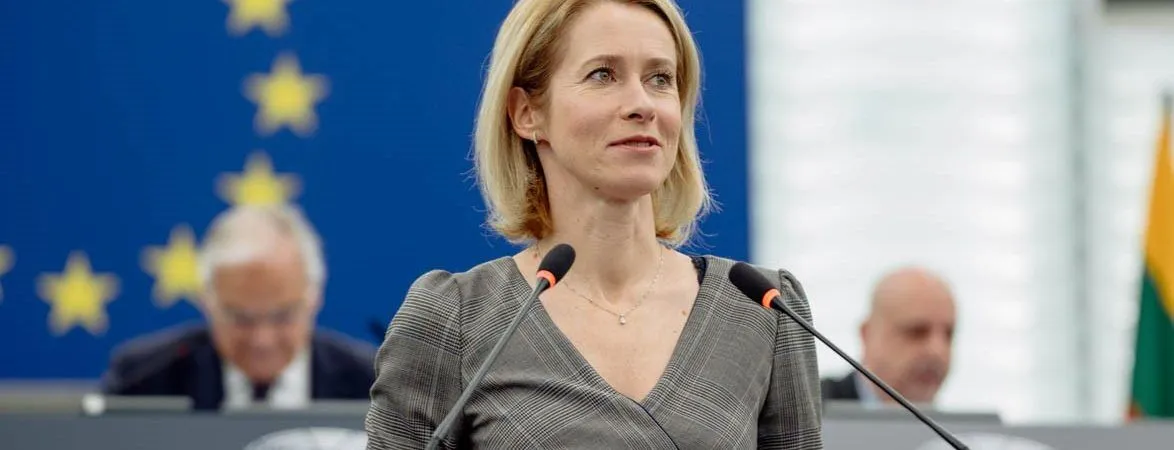The European Union (EU) has made a significant move by deciding to reopen its diplomatic mission in Syria, marking a new chapter in the region’s geopolitics. After nearly a decade of strained relations due to the ongoing civil war, this reopening raises several important questions: What does this mean for Syria? Why is the EU making this decision now? And what implications will it have on international relations in the Middle East?
The Context of Diplomatic Closure
The EU’s diplomatic ties with Syria have been minimal since the Syrian Civil War escalated in 2011, when the EU imposed sanctions on the regime of President Bashar al-Assad in response to human rights violations and the brutal crackdown on opposition groups. Over the years, Syria’s international isolation deepened, with most Western nations refusing to engage with the regime. However, as the conflict has continued and various global powers have shifted their approach to Syria, the EU has reassessed its diplomatic strategy.
Why Reopen the Delegation Now?
Several factors are likely driving this shift. Firstly, the Syrian war, while far from over, has entered a new phase. The Assad regime, with support from Russia and Iran, has regained control of most of the country. This has led some nations, including those in the EU, to reconsider their stance. Moreover, there are growing concerns over humanitarian needs and the desire to explore economic opportunities in the post-war reconstruction phase.
Secondly, the EU may be recalibrating its foreign policy to adapt to the changing dynamics in the region. By reopening its mission, the EU can better monitor developments on the ground, engage in humanitarian efforts, and ensure its influence in shaping Syria’s future trajectory. This move could also signal a desire to contribute to stabilizing the region, especially in light of the complex web of alliances and conflicts in the Middle East.
What Does This Mean for Syria?
For Syria, the reopening of the EU delegation could have significant implications. While it doesn’t immediately equate to full diplomatic recognition of the Assad regime, it represents a step toward engagement, which could help Syria reintegrate into the global community. The EU’s involvement could bring vital humanitarian aid, development projects, and economic support for post-war reconstruction. However, the nature of this engagement will likely be conditional, depending on Syria's actions regarding human rights and regional stability.
Additionally, the reopening could have broader implications for Syria's relations with other countries. As the EU re-establishes ties, it may encourage other nations to follow suit, potentially leading to a thaw in Syria’s diplomatic isolation. On the other hand, it might also intensify tensions with countries like the United States and some of its Middle Eastern allies, who may view this move as premature or conciliatory toward a regime they deem illegitimate.
The EU’s Role in the Middle East Going Forward
The EU’s decision to reopen its delegation in Syria also speaks to the shifting dynamics of international relations in the Middle East. As the region becomes increasingly influenced by powers like Russia, China, and Turkey, the EU is seeking to maintain its influence and engage more directly with the players involved in the Syrian conflict. This move could serve as part of a broader strategy to safeguard its interests, address humanitarian crises, and ensure that Syria’s future is shaped by multilateral diplomacy.
The EU’s decision to reopen its diplomatic mission in Syria is a complex and significant development in the context of the ongoing Syrian conflict and broader Middle Eastern geopolitics. While it might not signal an immediate shift in the EU's stance on the Assad regime, it reflects a pragmatic approach to diplomacy, with an eye toward reconstruction, regional stability, and long-term peace.
As this diplomatic thaw unfolds, it remains to be seen how it will impact Syria’s relationships with other global powers and the future of its people. For now, this move signifies that, even in the face of prolonged conflict, diplomacy remains an essential tool in addressing the complex challenges of the Middle East.

